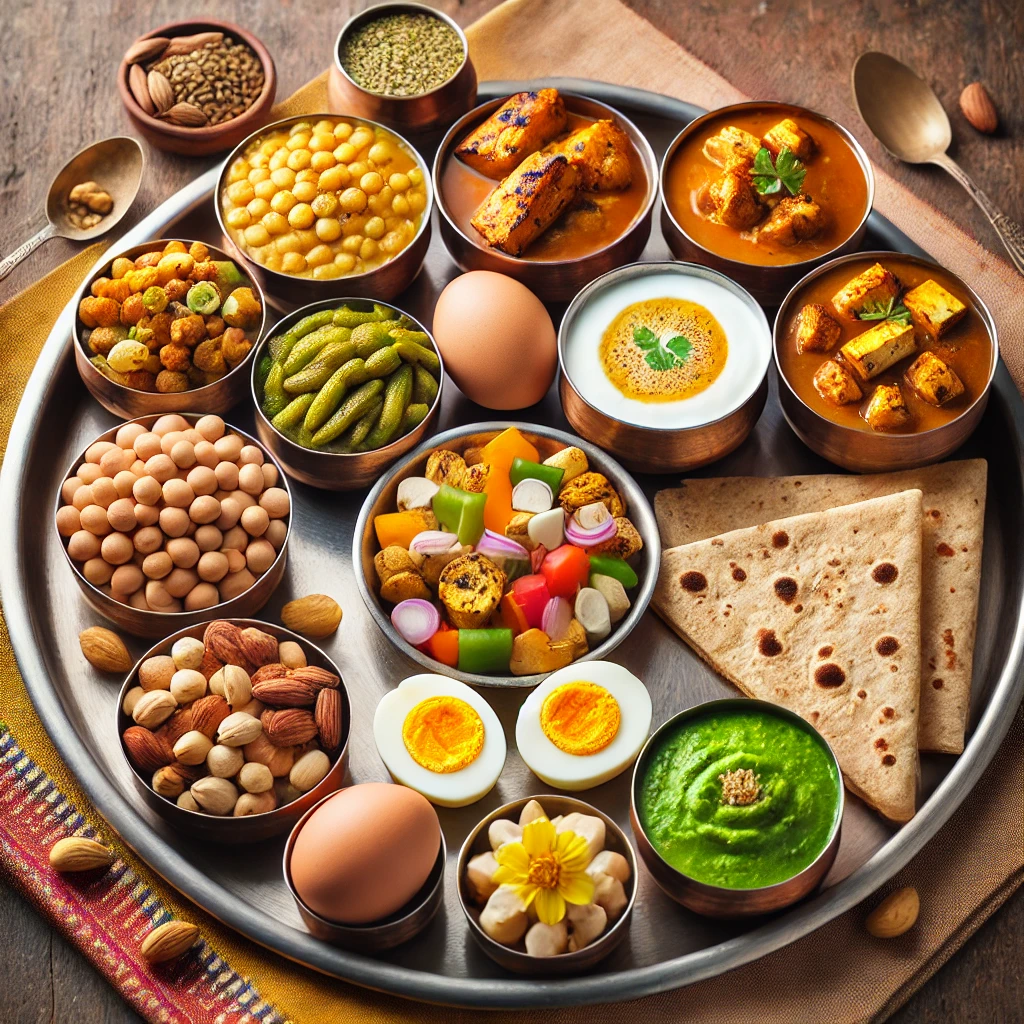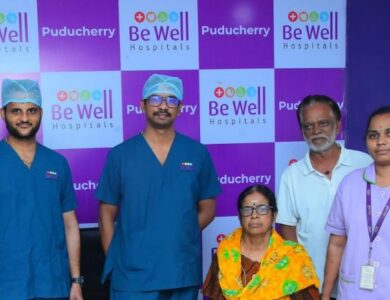Are You Protein Deficient? 73% of Indians Are, and They Don’t Even Know It!

Protein is often hailed as the building block of life, essential for repairing tissues, building muscles, producing enzymes, and supporting overall bodily functions. However, a significant portion of India’s population remains unaware of their daily protein requirements, leading to widespread protein deficiency. According to a survey conducted by the Indian Market Research Bureau (IMRB) in 2017, nearly 73% of Indians are protein deficient, yet 93% of them are unaware of their ideal protein intake.
Why Indians Fall Short on Protein Intake
India’s largely carbohydrate-dominant diet, driven by cultural preferences and economic constraints, often overlooks adequate protein inclusion. Dr. Anoop Misra, a renowned endocrinologist, states, “Indians tend to consume high-carb meals, leaving proteins largely absent from their diet. This imbalance not only affects physical health but also cognitive performance over time.”
The recommended dietary allowance (RDA) for protein is 0.8–1 gram per kilogram of body weight, but this varies with age, gender, and activity levels. For example:
- Sedentary Adults: 0.8g/kg/day
- Active Individuals: 1–1.2g/kg/day
- Pregnant and Lactating Women: 1.2–1.5g/kg/day
Health Complications of Protein Deficiency
Protein deficiency, often overlooked due to its subtle symptoms, can lead to serious health issues:
- Muscle Wasting and Weakness: Lack of protein impairs muscle maintenance, resulting in fatigue and reduced physical strength.
- Edema: Low protein levels affect fluid balance, leading to swelling, particularly in the feet and hands.
- Impaired Immunity: Proteins are vital for immune cell production. Deficiency increases susceptibility to infections.
- Hair, Skin, and Nail Problems: Proteins like keratin and collagen are crucial for maintaining healthy hair, skin, and nails.
- Delayed Growth in Children: A protein-deficient diet can stunt growth and impair cognitive development in children.
How to Meet Protein Requirements
Including protein-rich foods in daily meals is critical for preventing deficiency and promoting overall health.
Plant-Based Protein Sources
India’s diverse vegetarian cuisine offers multiple high-protein options:
- Lentils (Dal): Rich in protein and fiber, one cup provides about 18g of protein.
- Chickpeas and Kidney Beans: Versatile and nutrient-dense, offering 15g of protein per cup.
- Soy Products (Tofu, Tempeh): Excellent alternatives to meat, delivering 10–19g per serving.
- Nuts and Seeds: Almonds, chia seeds, and pumpkin seeds are high in protein and healthy fats.
Animal-Based Protein Sources
For non-vegetarians, these options are high in bioavailable protein:
- Eggs: A complete protein source with 6g per egg.
- Chicken and Fish: Lean meats like chicken breast and fatty fish such as salmon provide 20–25g per 100g serving.
- Dairy Products: Milk, paneer, and curd are accessible and nutritious options.
Protein Supplements
Dr. Shikha Sharma, a leading nutritionist, advises, “For individuals struggling to meet their protein needs, high-quality protein powders can serve as a convenient supplement, especially for athletes or vegetarians.”
How to Incorporate Protein into Every Meal
- Breakfast: Include eggs, paneer parathas, or a smoothie with Greek yogurt and nuts.
- Lunch: Add lentils or legumes to your meals alongside whole grains like quinoa.
- Snacks: Opt for roasted chickpeas, boiled eggs, or peanut butter on multigrain bread.
- Dinner: Choose grilled chicken, fish, or a hearty tofu stir-fry.
Protein Awareness is the Need of the Hour
The lack of awareness regarding protein requirements among Indians exacerbates the protein deficiency crisis. Dr. Misra concludes, “Educating the public about the importance of balanced meals with adequate protein can significantly reduce health risks associated with deficiency.”
Addressing this silent epidemic requires a conscious effort to diversify diets with affordable protein-rich options. Simple dietary changes, combined with increased awareness, can ensure that protein deficiency no longer remains a hidden health challenge in India.






